If you’ve recently noticed higher premiums, stricter underwriting, or reduced coverage options from your insurance provider, you’re not alone. These are all signs of a hard insurance market. While this phase can be challenging for individuals and businesses, understanding how to navigate it can help you make informed decisions about your coverage and keep your costs manageable.
In this blog, we’ll explain what a hard insurance market is, why it happens, and how you can protect yourself and your business during this period.
What Is a Hard Insurance Market?
The insurance market cycles between two phases: hard and soft markets. A hard insurance market is characterized by:
- Higher premiums: Insurance rates increase across most types of coverage.
- Stricter underwriting: Insurers become more selective about who they cover and may impose more stringent requirements for obtaining coverage.
- Reduced capacity: Insurance companies may limit the amount of coverage they’re willing to offer for certain risks.
- Less competition: Fewer insurers are actively competing for new business, making it harder to find multiple options.
In contrast, a soft insurance market is when insurance premiums are lower, underwriting is more relaxed, and coverage options are more abundant.
Why Does a Hard Market Happen?
Hard markets typically occur due to a combination of factors that increase the cost of doing business for insurers. These factors can include:
- Increased claims: When the insurance industry experiences a surge in claims, such as after a natural disaster or a period of high litigation, it can strain insurers’ financial reserves. To recover these losses, insurers raise premiums and tighten coverage options.
- Economic downturns: Economic instability can lead to more claims and fewer investment returns for insurance companies, both of which affect their profitability. As a result, insurers may increase rates to offset financial losses.
- Regulatory changes: New laws or regulations can change the way insurers operate, often leading to increased costs for compliance, which may be passed on to policyholders.
- Reinsurance costs: Insurers purchase reinsurance to protect themselves from large losses. If reinsurance costs increase (due to market conditions or major global events), insurance companies may need to raise premiums to maintain profitability.
How to Navigate a Hard Insurance Market
While the challenges of a hard insurance market are real, there are steps you can take to ensure you’re getting the best possible coverage at a fair price.
1. Review Your Coverage Regularly
Start by reviewing your current policies to ensure they still meet your needs. A hard market is a good time to reassess the coverage you have and identify any areas where you might be over-insured or under-insured. For example:
- Are you paying for coverage you no longer need?
- Could you adjust your deductibles to lower premiums?
- Are there opportunities to bundle policies for additional savings?
By fine-tuning your coverage, you may be able to reduce costs without sacrificing essential protection.
2. Work with an Independent Agent
An independent insurance agent can be your best ally during a hard market. They have access to multiple insurance carriers and can compare policies and prices on your behalf. This allows you to explore all available options and find the most competitive rates. Independent agents also have the expertise to negotiate with insurers and help you understand complex policy terms.
3. Focus on Risk Management
One of the most effective ways to keep your premiums down during a hard market is by reducing your risk. Insurers are more likely to offer better rates to businesses and individuals who can demonstrate a lower likelihood of filing claims. Consider these steps to improve your risk profile:
- Implement safety measures: For businesses, this could include enhanced workplace safety protocols, cybersecurity upgrades, or better property maintenance. For homeowners, it might mean installing security systems, fire alarms, or storm-resistant materials.
- Update your risk assessments: Regularly assess your risks and document any improvements you’ve made. Provide this information to your insurer to show that you’re taking proactive steps to minimize losses.
- Avoid small claims: If possible, handle minor incidents out-of-pocket rather than filing a claim. Too many claims, even small ones, can result in higher premiums.
4. Consider Higher Deductibles
During a hard market, raising your deductible is a way to lower your premiums. However, it’s important to make sure you’re comfortable with the higher out-of-pocket costs in the event of a claim. A higher deductible can make sense if you’re confident in your ability to cover minor losses without financial strain.
5. Explore Alternative Coverage Options
If you’re struggling to find traditional insurance coverage during a hard market, you may want to explore alternative solutions, such as:
- Captive insurance: Larger businesses may benefit from setting up a captive insurance company, where the business essentially self-insures through a separate entity.
- Risk retention groups (RRGs): These are insurance groups formed by businesses in similar industries to provide coverage for their specific needs.
- Excess and surplus lines: These policies are designed for risks that are difficult to insure in the standard market. While they may come with higher premiums, they can offer coverage when other options are unavailable.
6. Be Prepared for Renewals
In a hard market, it’s important to start the renewal process early. Insurers may take longer to assess risks, and you might face higher premiums or reduced coverage. By beginning the process well before your renewal date, you’ll have time to shop around, negotiate terms, and make any necessary adjustments to your coverage.
While navigating a hard insurance market can be challenging, it’s not impossible. By staying informed, working with a knowledgeable agent, and taking steps to reduce your risk, you can protect yourself or your business without overpaying for coverage. Remember, a hard market won’t last forever—markets eventually soften, and more favorable conditions will return. In the meantime, focusing on proactive strategies can help you weather the storm while maintaining the protection you need. We are your local insurance partners in Edina, MN, and are here to help navigate the insurance market and understand your coverage options!

